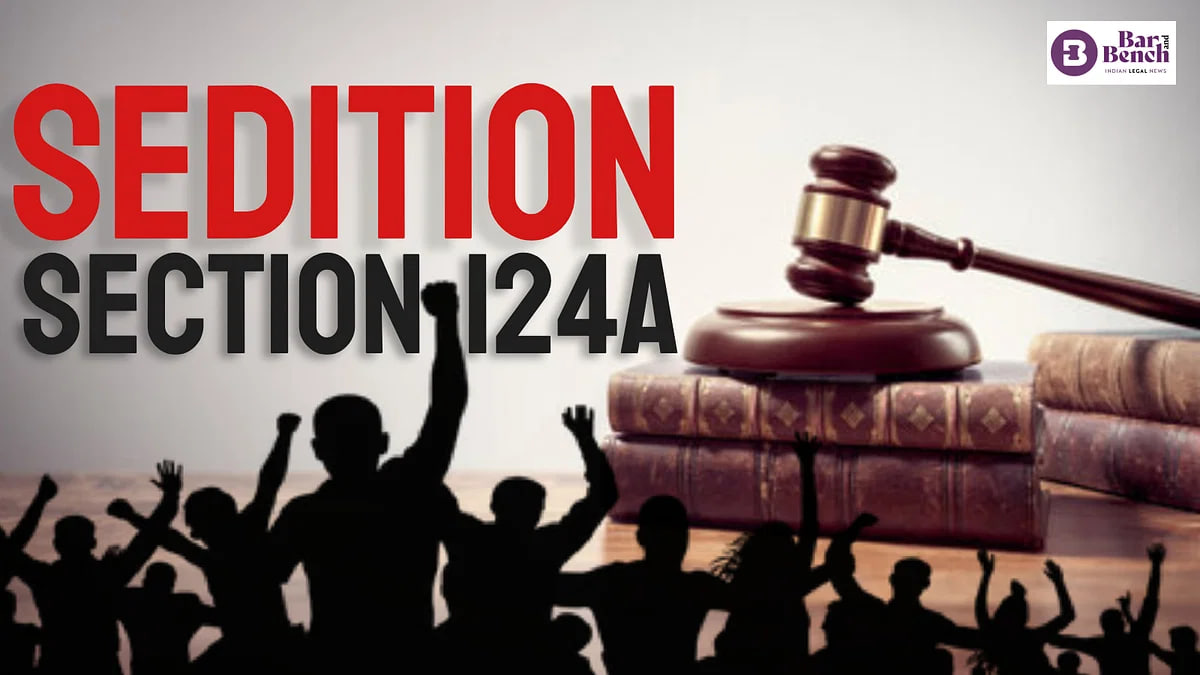





Copyright infringement not intended
Context: The Law Commission of India has recently released a report on sedition law, which is a colonial-era provision that criminalises any speech or expression that incites hatred or contempt against the government. The report has recommended that the sedition law should not be repealed but rather amended to make it more clear and more specific
Details
Some of the changes proposed by the report are:
Court Judgement
|
Sedition law ● The sedition law under Section 124A of the Indian Penal Code (IPC) has been a subject of debate and controversy for a long time. ● The law was introduced by the British colonial government in 1870 to suppress the freedom movement and punish those who spoke or wrote against British rule. ● The law defines sedition as any act or attempt to bring into hatred or contempt, or excite or attempt to excite disaffection towards the government established by law in India. ● The law has been criticized by many as being vague, draconian and against the fundamental right of freedom of expression guaranteed by the Constitution of India. ● The law has been used to arrest and prosecute activists, journalists, students, academics and others who have expressed dissenting opinions or criticized the government or its policies. ● The law has also been challenged in various courts on the grounds of being unconstitutional and violative of human rights. ● The Sedition law under Section 124A is a contentious and controversial issue that requires a careful and balanced approach. The law should not be used to stifle legitimate criticism or dissent, but it should also not be abolished or diluted to the extent that it becomes ineffective in dealing with threats to the unity and integrity of the nation. ● The law should be applied judiciously and sparingly, with due regard to the principles of natural justice and human rights. The law should also be reviewed and amended periodically to keep pace with the changing times and circumstances. |
Conclusion
Must Read Articles:
Law Commission: https://www.iasgyan.in/daily-current-affairs/law-commission-39
Sedition Law: https://www.iasgyan.in/daily-current-affairs/sedition-law-2
|
PRACTICE QUESTION Q. The sedition law in India has been a contentious issue for a long time. It is often used to suppress dissent and criticism of the government. However, some argue that it is necessary to maintain national security and unity. How can we balance these two aspects and find a way forward that respects both the freedom of expression and the integrity of the nation? |
https://epaper.thehindu.com/ccidist-ws/th/th_delhi/issues/38138/OPS/GDLBA8JD0.1+GCSBA95K7.1.html






© 2026 iasgyan. All right reserved